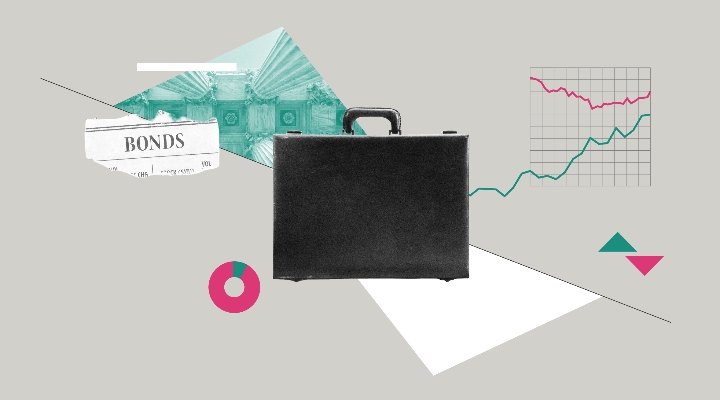This article is part of the Morningstar's Guide to What the Experts Say. Click here for our edit on what the professional investors think about economics, equities, bonds, financial advice and portfolio construction.
“Are we at the bottom of bond yields? We’ve got to close,” says Invesco Perpetual’s head of fixed interest Paul Read.
Bonds have been among the best performing assets this year, which no one expected.
“We need to see better growth numbers out of the US and some inflation to scare the market higher,” added Read.
The catalyst can’t come soon enough for those reliant on the yield from fixed income. Over the last seven years, cash deposits, gilts and T-bonds – so-called safe havens – have seen their yields plummet, with investors suffering an annual loss of around $750 billion since December 2007.

The yield curve for developed market government bonds has changed too, with only long duration bonds now paying inflation-beating returns. A decade ago, even one year gilts paid 4% - now not only 30 year gilts match that.

It is not just the safe havens that have seen yields fall, investors are no longer being paid to take on risk either.
“Two years ago we were getting 6/7% from Spain and Italy – and when we bought them many of our peers thought we were mad,” said Read. “Now we don’t own that much and their yields have fallen to 3%. Now everyone is buying them and no one says what are you doing?”
The quest for income has had a compounding effect on bond markets – Read says they have been artificially manipulated, and central banks have been asked to do all the heavy lifting.
The result of these changes is that liquidity – when we need it, won’t be there.
“If you look at a slide of the size of the corporate bond market, it has been growing for the last decade, and investment bank inventory has been sliding. The door to getting out of this market is getting smaller,” he said.
This means, when investors decide to exit, which they inevitably will en masse as crowed bias kicks in, there will be problems.
“We have to be very careful about managing our liquidity,” said Read. “Instead of returns we have prioritised having a more liquid portfolio. It’s a drag on performance, but worth it.”




























